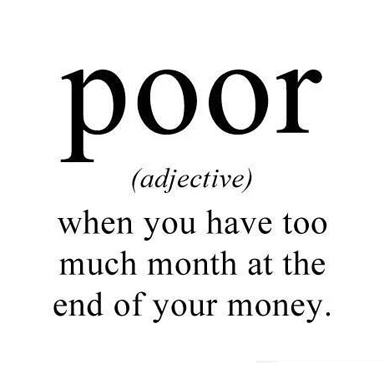That’s a question that bears asking in a very iffy economy. Say for example, you collect unemployment benefits of $15 per hour, but a new job as a bill collector only pays about $11 per hour. It does make sense to continue with the unemployed help than to accept the offer and lose your benefits. But of course, the choice is not as black and white as that.
Depending on the state they are living in, retrenched workers usually collect unemployment benefits for six months although federal assistance can extend unemployed help in case of loss of a job to as much as two years. Considering studies that it takes about eight months for a worker to find a new job in America, two years is still a very long time. Don’t forget, unemployment benefits do not come out of thin air, they come from the shrinking pockets of fellow Americans.
On one hand, the long-term assistance does provide a false sense of security for some Americans working in white-collar work to wait “for a better job” to come along rather than the low-pay, high-sweat blue-collar employment they may be offered. On the other hand, there are families out there who are in serious need of help and the unemployment benefits they receive are the only lifeline that prevents them from spiraling into debt.
It can’t be denied that some Americans are abusing the system: they collect unemployment benefits unnecessarily, it still boils down to one’s moral fibers. It’s a good thing that the majority of the unemployed are actively looking for a job (that’s actually a requirement to receive benefits but that’s not the only reason), not just because of the security and stability they provide but also to boost their self-esteem. Anybody who hasn’t experienced what’s it like to not work do not understand its impact to one’s psyche.
The choice therefore is clear: either find menial work at below minimum wages or continue to collect unemployment benefits and live off the sweat of the rest of other Americans who are also struggling with the economic slowdown. Most laid-off workers, fortunately enough, are still making the right choice.
What are you thoughts on this subject?
This article was written by Rance Trammela, a paralegal blogging at Secrets About Unemployment. He covers everything from tax-related topics, to post-resignation depression, the effects on the family unit, and personal finances. The views expressed in this post are those of the author. The appearance of this article on my blog does not indicate an endorsement for any product or service.




















